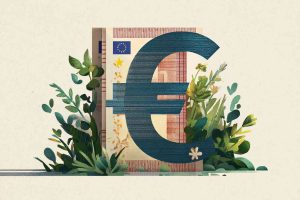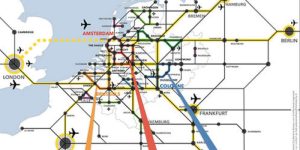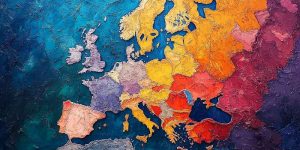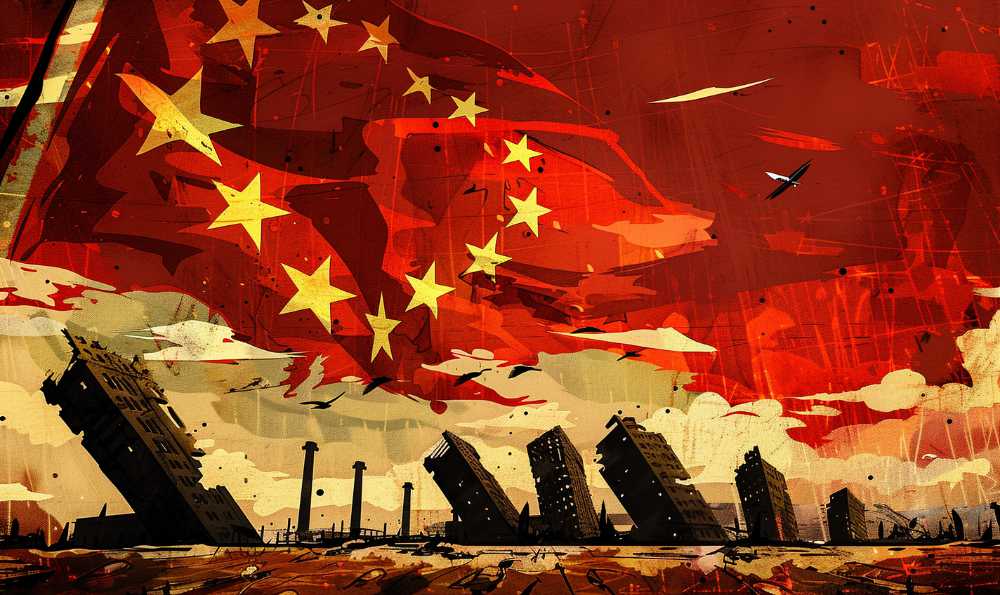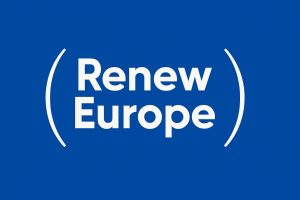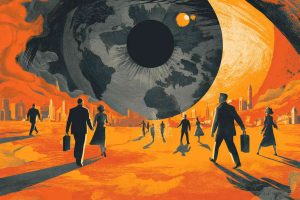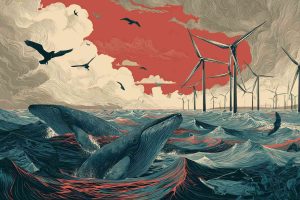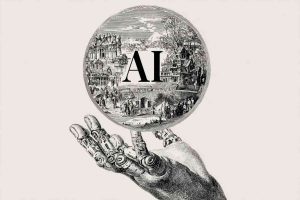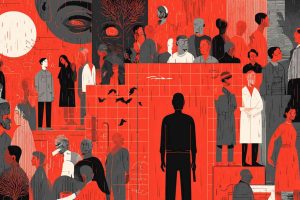The EU Illusion: How a False Union Weakens Real Nations
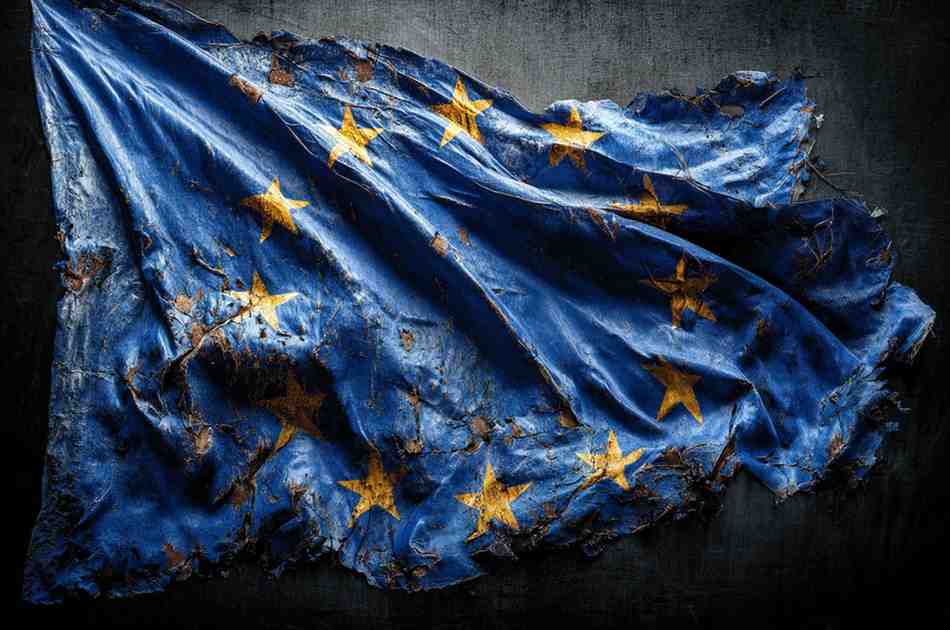
A Union That Resembles Nothing
The European Union is a political construct without precedent. There is no other entity in the world that presents itself as both a supranational power and a collection of sovereign states, without ever having followed the path that characterizes real states: a gradual merging of language, culture, governance, and people. The EU is not the result of a natural historical process, but of technocratic deals made behind closed doors. No people has ever truly chosen a European superstate. Yet that is what the EU now tries to be: a hybrid entity that lacks democratic legitimacy, has no real popular identity, and above all, has no reason to exist beyond the interests of a small administrative elite.
No State, No People, No Soul
Most nations have emerged from shared struggle, language, religion, or culture. France, Germany, Italy, even relatively young states like the United States and Canada, have formed a collective identity through revolutions, wars, or historical waves of migration. The EU, by contrast, is a paper construct, established through treaties like Maastricht and Lisbon, full of jargon and declarations of intent. European identity never developed organically. It was invented.
There is no European people. There is no common language, no shared history apart from conflict, and no collective vision for the future. Yet the EU claims powers normally reserved for nations: a parliament, a flag, an anthem, its own currency, and perhaps soon an army. What is missing is the fundamental legitimacy that binds all nations: the will of a people to govern itself as one. In Der europäische Leviathan, Wolfgang Streeck argues that this is precisely why the EU can never be democratic: it lacks a true demographic foundation.
A Project Nobody Asked For
The history of the EU is one of creeping integration without a mandate. After the Second World War, the idea arose of cooperation between European states, supposedly to promote peace and stability. But what began as an economic treaty, the European Coal and Steel Community (1951), slowly morphed into a political project that consumed more and more national powers.
The population was rarely consulted, and when it was, the outcome was unwelcome. The French and Dutch referendums of 2005, in which the EU’s ‘constitutional treaty’ was rejected, were ignored: the treaty returned in disguised form as the Lisbon Treaty. In La grande mascarade, Philippe de Villiers shows how European elites consciously worked toward a federal superstate despite massive public reluctance.
The idea of European unification therefore never arose from the will of the people, but from technocratic idealism. Only a small group of politicians, bureaucrats, and influential lobbyists pushed for ever-deeper integration. National parliaments were sidelined, and referendums were considered dangerous obstacles. In The Great Deception, Booker and North explain how the original project of economic cooperation was gradually transformed into a political union, without ever having broad societal support.
Most European citizens wanted trade and peace, not a federal Europe. What they got instead was a Brussels bureaucracy that began to regulate more and more aspects of daily life, without clear consent or demand from the population.
The Fiction of Shared Prosperity
The EU presents itself as a driver of peace, stability, and economic progress. But how realistic are these claims really? The euro, supposedly the symbol of European unity, has proven an economic burden for many countries. Nations like Greece, Spain, and Italy were forced into austerity and reforms that hollowed out their domestic economies, solely to remain within the bounds of the Stability Pact. Giving up their national currency robbed them of any possibility for monetary self-determination.
The European Central Bank, with its one-sided focus on inflation targets and debt discipline, acts as a straitjacket for weaker economies. The Euro and the Battle of Ideas (Brunnermeier et al.) shows how structurally unequal the eurozone is designed, with Northern European countries like Germany benefiting from an undervalued currency while Southern Europe suffers under a monetary regime that strangles their economies.
The so-called ‘internal market’ also does not function as promised. Large multinationals exploit differences in tax regimes between member states to maximize profits, while small businesses struggle with the bureaucratic maze of EU regulations. The European Union: A Critical Guide (Hix & Høyland) shows that the economic benefits of the internal market are very unequally distributed and mainly favor large companies and cross-border capital flows, not ordinary citizens.
Democratic Theater Without Meaning
The EU has a parliament but no government that arises directly from it. The European Commission, the most powerful body within the Union, is not elected by citizens but appointed. The ‘Spitzenkandidaten’ procedure of 2014, which attempted to simulate a democratic feeling, has since been abandoned. Jean-Claude Juncker was still presented as the face of a supposedly democratic process. In 2019, however, Ursula von der Leyen was appointed without even having been a candidate.
Moreover, the European Parliament has no right of initiative: it cannot propose laws, only approve or reject them. In effect, it is a stage prop designed to simulate legitimacy. Europe’s Democratic Deficit (Follesdal & Hix) analyzes this democratic shortfall and concludes that while the EU organizes elections, it lacks a real political space where meaningful choices between real alternatives can be made.
Bureaucracy Without Accountability
A defining feature of the EU is the absence of personal responsibility. When a decision backfires, fingers point to ‘Brussels’ as an abstract whole. National politicians hide behind European rules when convenient, and ignore them when inconvenient. The Dublin Regulation, which stipulates that asylum seekers must apply in the first EU country they enter, is systematically ignored when politically unfavorable. Yet the Marrakech migration pact is applied when it leads to more redistribution, often at the expense of countries like the Netherlands.
The EU as a whole is thus not even coherent. There are countless treaties, commissions, agencies, and councils, but it is rarely clear who is responsible for what. It is a complex system seemingly designed to avoid accountability, not to enact effective policy.
An Instrument of Ideological Homogenization
In recent years, the EU has increasingly revealed itself as an ideological engine for globalist agendas: climate policy, gender equality, migration, digitization, vaccination policy, agricultural restrictions, all are pushed onto member states through EU directives, without meaningful input from citizens. The Green Deal, Net Zero policy, Farm-to-Fork strategy: these are ideological blueprints that impose uniform solutions on countries with vastly different needs.
According to The European Green Deal: Risks and Opportunities, published by the Heinrich Böll Stiftung, the policy is consciously designed as a ‘systemic transformation.’ In practice, this means the end of local decision-making and national policy freedom. Climate becomes an excuse for shifting power to Brussels, just as ‘security’ was for the founding of Frontex or a European intelligence agency.
No Military or Geopolitical Power
The EU likes to present itself as a geopolitical player, but lacks everything needed for that role: an army, a central government, a unified foreign policy. During the war in Ukraine, it became painfully clear how dependent the EU is on NATO and therefore on the United States. European ‘strategic autonomy’ is nothing more than a buzzword. No EU country would trust the EU in the event of military threat; they look to Washington instead.
On the world stage, the EU is a paper tiger. In Why Europe Will Run the 21st Century, Mark Leonard optimistically claimed that Europe’s soft power would reshape the world. Reality has proven the opposite: China, Russia, India, and the US treat the EU politely, but prefer to negotiate with individual states. No one takes the EU seriously as an entity, except the EU itself.
The Façade of ‘Never Again War’
One of the most repeated claims by europhiles is that the EU brought peace to the continent. But this claim is historically very weak. Peace between Western European nations after 1945 is largely thanks to NATO, American presence, the threat of the Cold War, and economic interdependence, not the EU as an institution. The EU arose during a time of peace, it did not bring that peace. The idea that Germany and France would still be at war without the EU is historically absurd.
In fact, the EU has incited more conflict than it has prevented. The expansion into Eastern Europe without clear boundaries or strategy has led to tensions with Russia. Interference in Ukraine starting in 2013, through the association agreement and political support for regime change, was a catalyst for war, not for peace (Frontline Ukraine, Sakwa).
Who Benefits From the EU?
The real winners of the EU are not European citizens, but the classes of diplomats, bureaucrats, lobbyists, and consultancy firms that have gathered around Brussels. Tens of thousands make their living from EU funds, policy projects, ‘stakeholder dialogues, ’ and regulated subsidies. Meanwhile, member states are stuck with rules over which they have little influence.
Top European officials enjoy tax advantages, diplomatic immunity, and a bureaucratic career where failure rarely has consequences. The gap between citizen and ruler has rarely been greater than within the EU. The Brussels Effect (Bradford) inadvertently acknowledges how a small group of European policymakers imposes global norms that have never been democratically approved in any parliament.
No Reform, Only More Integration
Every time the EU fails, Brussels’ answer is the same: ‘more Europe.’ More powers, more money, more integration. Never is the question raised whether less Europe might be better. The Eurocratic logic is like a religion: if something doesn’t work, it is because it hasn’t gone far enough. Criticism of the Union is dismissed as ‘populist’ or ‘nationalist, ’ without substantive debate.
Heads of state who express doubts, like Orbán or Meloni, are publicly pilloried. Referendums, like those in the Netherlands (2005) and the United Kingdom (2016), are ignored or repeated until the desired result is achieved. In The Great Deception, Booker and North show how the EU systematically neutralizes every form of democratic resistance through procedures, commissions, and rewordings.
Total Dependence Without Benefit
Countries like the Netherlands, Germany, and Sweden contribute the most per capita to the EU budget, yet see little return. They are net contributors in a system over which they have decreasing influence. At the same time, EU legislation undermines their national parliaments, tax systems, pension structures, agricultural policies, and migration control. Even rulings from the European Court are binding, regardless of national interest.
The illusion of ‘stronger together’ is exactly that: an illusion. The EU is not a union of peoples, but of bureaucratic systems that primarily serve to preserve themselves.

